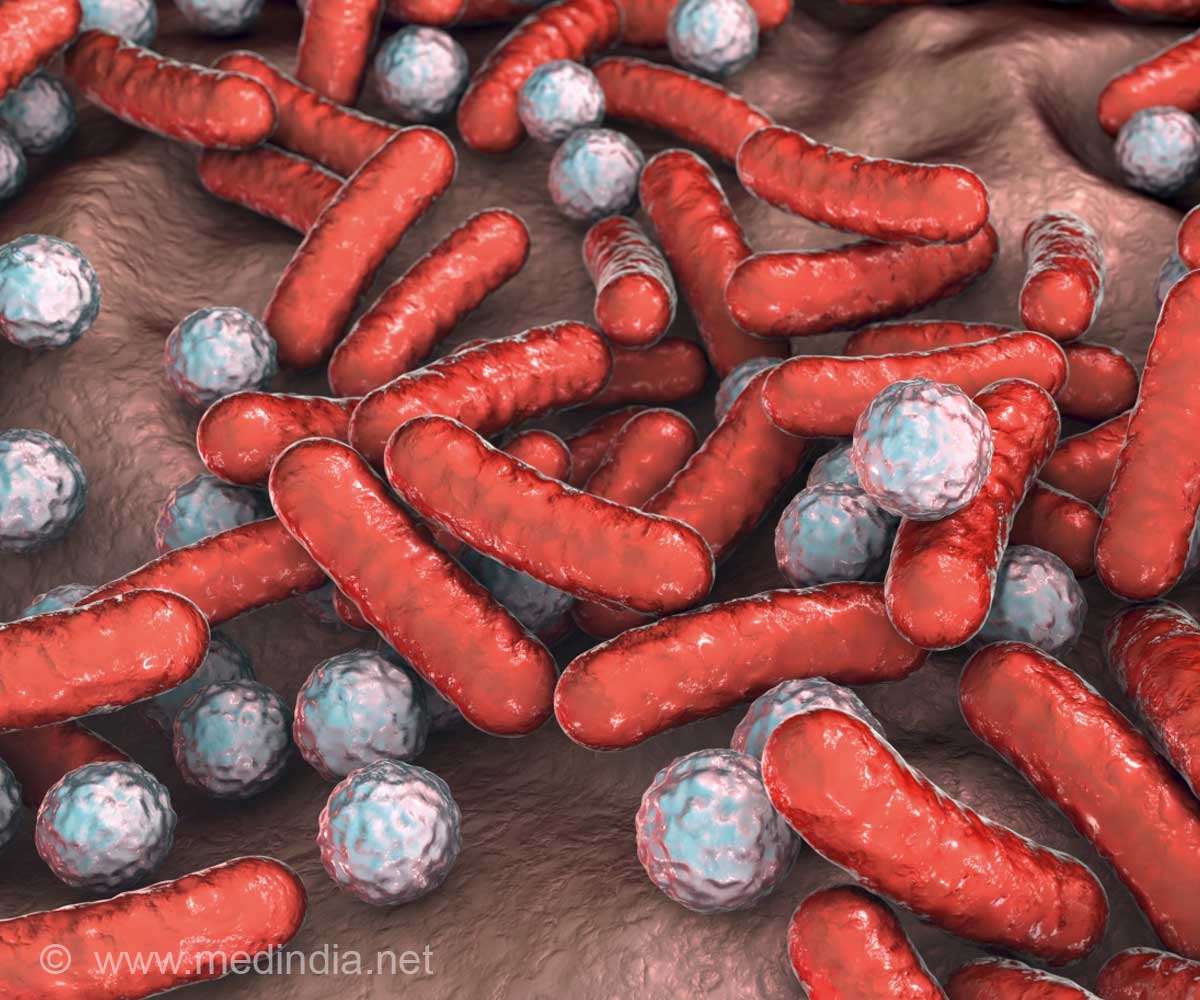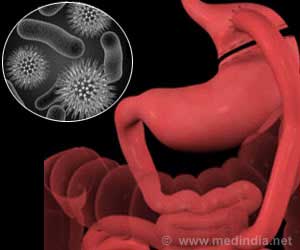Engineered gut bacteria prevented weight gain and can offer protection against harmful health effects of obesity such as diabetes, cardiovascular disease, and fatty liver.

‘In mice fed a high-fat diet, engineered gut bacteria prevented weight gain and reduced fat accumulation in the liver.’





The researchers engineered gut bacteria that produce a small lipid that suppresses appetite and reduce inflammation. Obese people produce low levels of this lipid, which is made by the small intestine. “We had previously shown that this approach with engineered bacteria could inhibit obesity when standard mice were fed a high-fat diet,” Davies said. “Our new studies focused on mice highly prone to develop atherosclerosis and fatty liver disease, and we showed that the engineered bacteria were beneficial not only in inhibiting obesity but also in protecting against fatty liver disease and somewhat against atherosclerosis.”
Mice were fed a high-fat diet and also received the engineered bacteria via drinking water. The results showed that the mice gained less body weight and body fat when compared to mice given a standard drinking water or control bacteria.
Mice that are susceptible to atherosclerosis and fatty liver disease were given engineered bacteria. These mice accumulated less fat in the liver and showed reduced expression of markers of liver fibrosis, compared to mice that did not receive the treatment. The treated mice also exhibited a modest trend toward reduced atherosclerotic plaques.
“Some day in the future, it might be possible to treat the worst effects of obesity simply by administering these bacteria,” Davies said. “Because of the sustainability of gut bacteria, this treatment would not need to be every day.”
Advertisement
Source-Medindia















